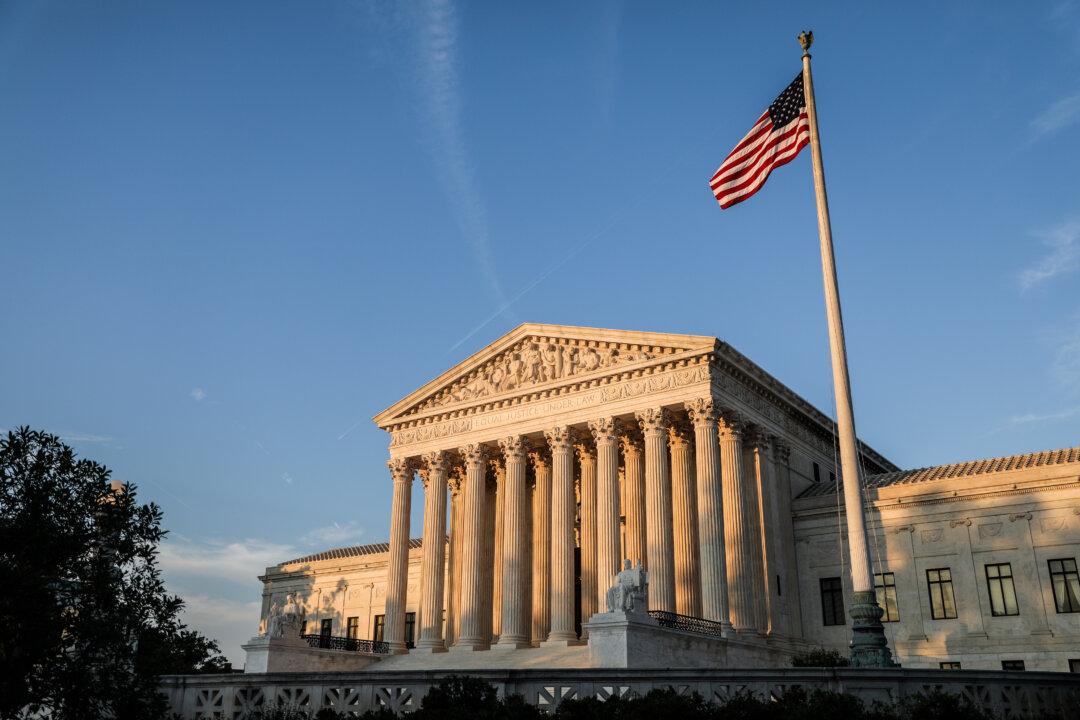Lawyers in class-action lawsuits shouldn’t be allowed to short-change class-action plaintiffs and funnel their settlement money to charities they favor but which the plaintiffs may not, attorney and think-tank official Theodore H. Frank told the Supreme Court during oral arguments on Oct. 31.
The interest group AARP (formerly the American Association of Retired Persons) came under fire in oral arguments as the Trump administration told justices the well-heeled group had no reason to be awarded settlement funds in a lawsuit it had nothing to do with.





